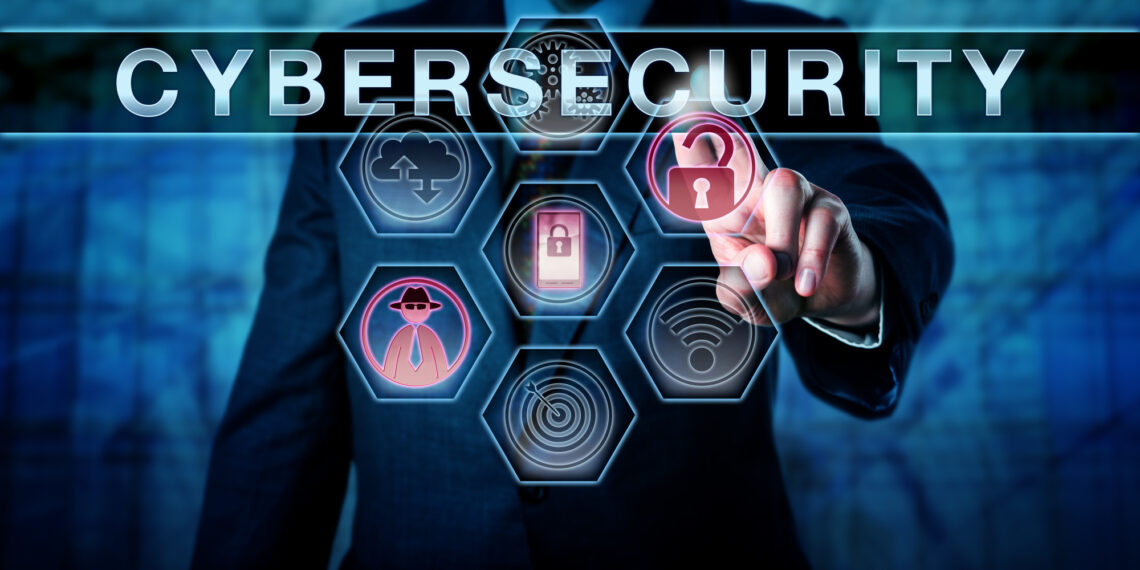During 2020, hackers slipped bugs into software updates from Solarwinds (a legitimate tech company in Texas) which then spread to the different clients of Solarwinds and infected their computers. As this rise in both the frequency and severity of cyberattacks increases, it’s clear you need to build a defense.
That said, protecting yourself doesn’t mean you have to go to the extreme of hiring a private cybersecurity team to shield your Internet. So what manageable steps can you take?
Well, we’re glad you asked. It’s time to take a look at how to increase your online security! So without further ado, let’s log on and hop right in!
Table of Contents
Strong Online Security Means Strong Passwords
We know it’s easy to make your passcode to everything “12345”, but these kinds of passwords are easy for hackers to figure out and steal. Strong passwords require a mixture of letters, numbers, and symbols. They should also be around 13 characters or more.
If you’re unsure about a password and want to double-check it, use a password strength calculator to give you a strength estimate or generate a unique password for you. You can also invest in password management software to keep track of all your passwords so you don’t have to try to recall them all from memory.
Check Your Network
Another point you should pay attention to is the network your computer’s using to access the Internet. Public Wi-Fi (like at Starbucks) is ill-protected and will get piggybacked by hackers to see exactly what information was entered while on these networks. So while on public Wi-Fi, make sure to not go anywhere on the Web that involves entering or using financial info.
For private Wi-Fi, you can give your security an added boost with a VPN (or virtual private networks). This adds a layer of encryption to all data sent out, making it harder to hack.
What’s more, VPN also allows you to spoof the geographical location your data comes from. This means hackers will be unable to tell where you live based on your Internet data.
It’s also important to check the web address of a site before you enter any sensitive info. If you see the “HTTPS” designation before the “WWW”, that means the site’s secured and less vulnerable to leaks than a “HTTP” site.
Backup Your Files
It never hurts to make copies of your files, especially if you can place them on external drives or cloud services. This will help you retrieve important data in the event it gets stolen by hackers.
What’s more, be sure to update all your software. New patches often come with security upgrades. So, clinging to an outdated version leaves you vulnerable.
Two-Factor Authentication
It also makes sense for you to implement two-factor authentication with your accounts online. This will send you a text to your phone whenever you input your password, giving you a second code you need to log in. This means that even if hackers steal your first password, they are still powerless to get inside your account.
Cybersecurity for the Win
So, now that you have these tips on how to increase your online security, what’s next? Well, for more news and tips on the latest in computers, make sure to check out the rest of the articles on our site!

